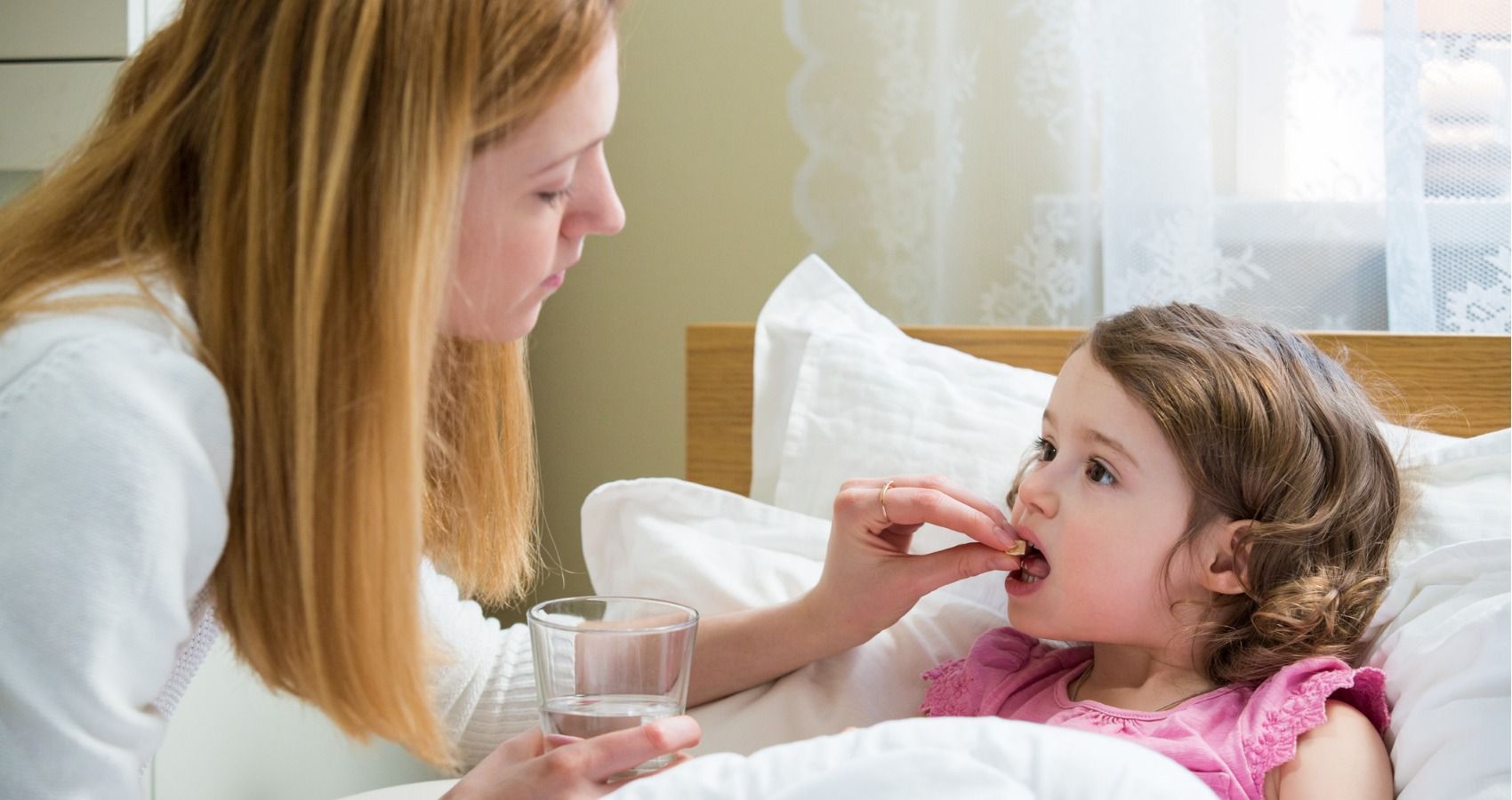Health experts say that every eight minutes a child is being given an adult dose of Tylenol or Sudafed, which many are calling a huge medication mistake. Researchers say that many parents are giving their children too much Tylenol, even during instances in which they really don't need it.
According to a 2014 study in Pediatrics, over 63,000 children under the age of six experience a medication error at home each year. Forbes reports that the data has been collected by a team of researchers from Nationwide Children’s Hospital and phone calls made to U.S. poison control hotlines from homes and schools between the years of 2002 to 2012. The researchers believe that the number could be significantly higher, given the fact that many parents do not report their mistakes.
The study says that in most cases, over-medication is “the parents’ fault.” It’s a problem that many people, including health professionals, have failed to correct in recent years. Children tend to be at risk the most for medication errors, especially when it comes to liquid medicines administered by parents at home.
One of the reasons why so many children are over-medicated is because over-the-counter medication has become just as commonplace as many food items in both grocery stores and at home. Because of the availability of Tylenol products, many parents believe that these medications are not dangerous. However, they can lead to complications, especially if parents are not careful with the dosage that they give their children.
One of the biggest concerns is that parents tend to give double doses of the same medicine to children without realizing it. Half of all painkillers that are given to children come in cough and cold medicine form. Although not all errors are serious, it has been noted that almost 400 children in the study suffered some serious harm. About 25 of those children had died because they were given too much medication.
Health professionals in the medical field often worry that parents are too quick to give their children drugs like Tylenol, regardless if they need it or not, especially when it comes to fevers. It is advised that parents should only give their child a fever reducer if their child’s temperature is above 102 degrees Fahrenheit (38.8 degrees Celsius). While they might be a common sign of illness, fevers also play a key role in fighting infections.
The Mayo Clinic reports that while acetaminophen is safe for kids, moms and dads need to be cautious. If parents are not sure if their child needs Tylenol, they should consult with their child's pediatrician or a nurse before administrating any over-the-counter medicines at home.
READ NEXT: What Every Parent Should Know About Coughs, Colds, Earaches, And Sore Throats

